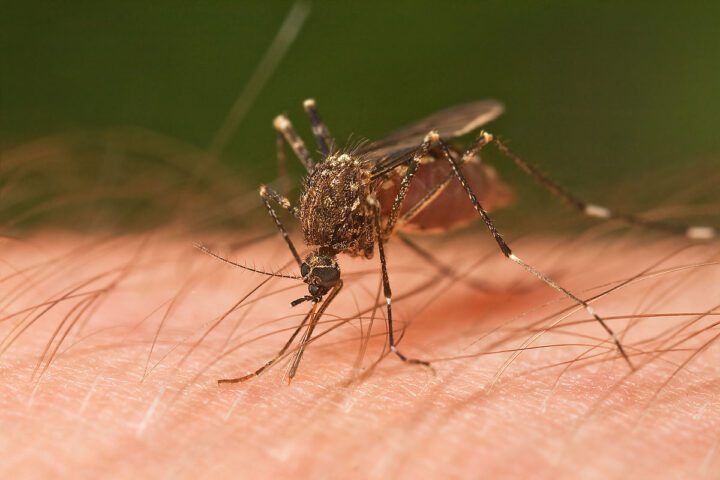Bill Gates Urges a Pivot: Measure Success by Human Welfare, Not Temperature Alone
In a new memo, Gates says climate change is serious but “not humanity’s demise,” calling for more focus on health, energy access, and agriculture in poorer countries. Primary source: GatesNotes memo.

Key point: Gates presents a strategic shift: reduce suffering first, especially in the poorest countries, while continuing clean-energy innovation. He writes, “Although climate change will have serious consequences — particularly for people in the poorest countries — it will not lead to humanity’s demise.” Full memo on GatesNotes.
Gates argues that a doomsday outlook pushes attention toward near-term emission targets, while proven health and development programs can prevent immediate suffering. His philanthropy backs vaccination access via Gavi, and his clean-tech umbrella Breakthrough Energy (founded 2015) targets hard-to-abate sectors such as steel, cement, and fuels.

Try It: Where would you place the focus?
Move the slider to split a hypothetical budget between Emissions Cuts and Human Welfare (e.g., malaria vaccines, primary health, crop resilience). This is a learning tool — not a policy recommendation.
Primary sources for context: memo, Breakthrough Energy, Gavi funding.
Scientists emphasize that every fraction of a degree matters for extremes and risk thresholds. For readers tracking climate indicators, see our coverage on projected record-warm years and flood risk from WMO assessments (Karmactive explainer).
For technology pathways, see Karmactive’s carbon-removal reporting — Newcastle University’s humidity-driven membranes and DAC context (report) — and U.S. policy changes affecting metrics like the social cost of carbon (policy brief).
Gates frames the COP discussion around measurable outcomes in energy, health, and agriculture; he urges rigorous impact tracking. His memo is intended to inform the Brazil COP agenda (full text).
In Summary
The memo stated that climate change is serious but not an existential end, proposed human welfare as the primary success metric, and referenced energy, health, and agriculture as core levers. Related internal and primary external links were provided above for readers.
















